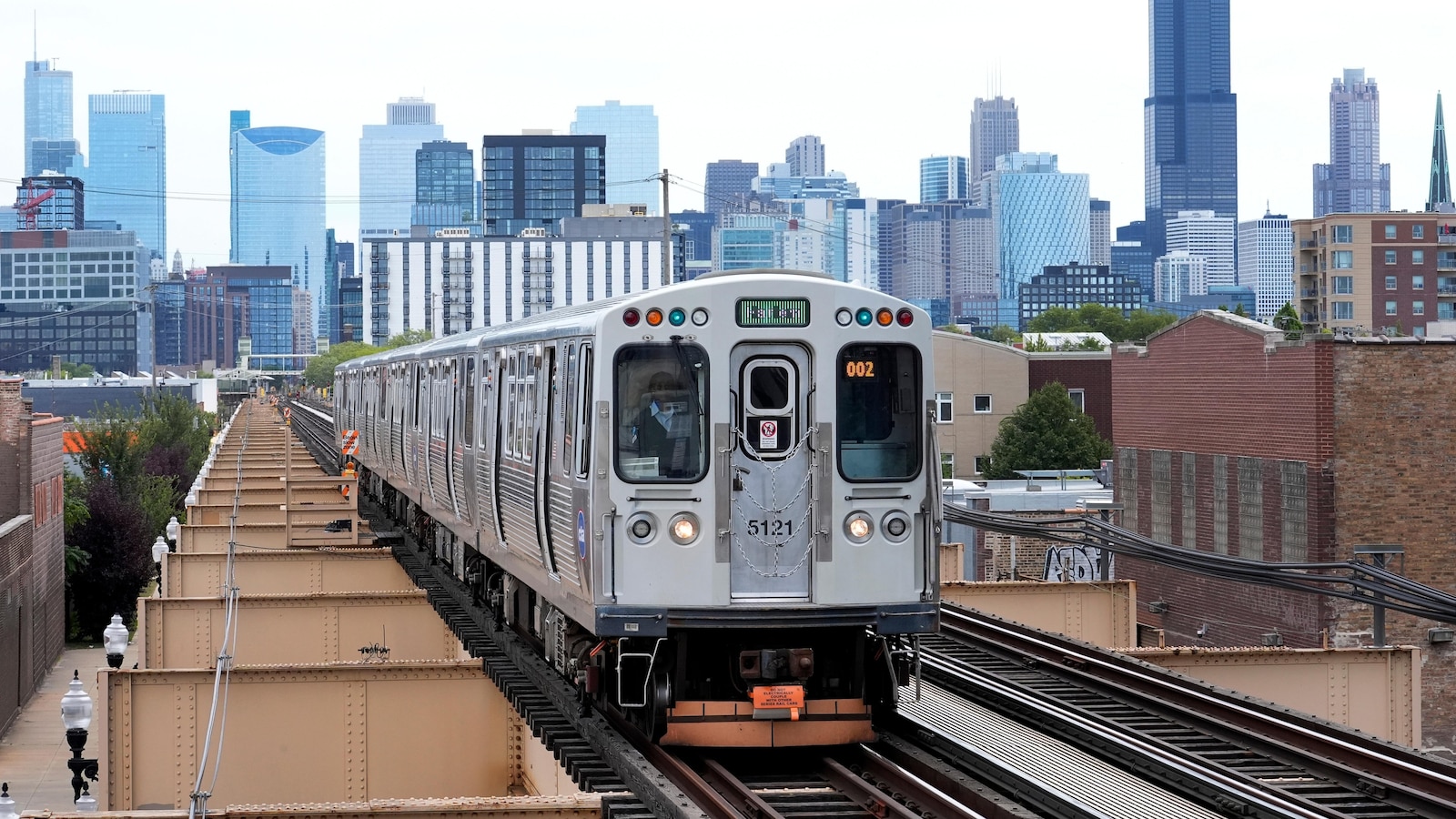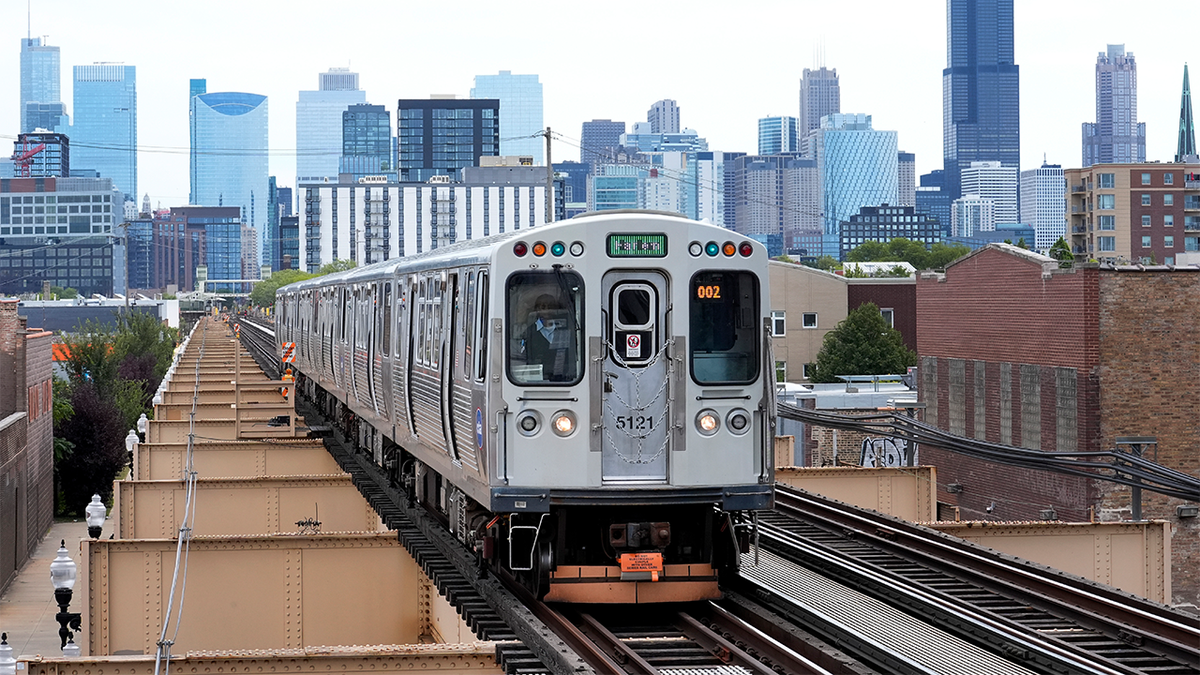7th Circuit Upholds Illinois Ban on Firearms on Public Transit, Reversing Lower Court
Three-judge panel says restriction fits longstanding tradition of limiting guns in crowded, confined places; lower court had relied on Supreme Court’s Bruen test
A federal appeals court on Tuesday upheld Illinois' ban on carrying firearms on public transit, reversing a lower court ruling that had found the prohibition violated the Second Amendment.
The 7th U.S. Circuit Court of Appeals, in a decision written by Judge Joshua Kolar for a three-judge panel, said the restriction “is comfortably situated in a centuries-old practice of limiting firearms in sensitive and crowded, confined places.” The panel said the Second Amendment protects an individual’s right to self-defense but does not bar lawmakers from enacting regulations that ensure public transportation systems remain free from accessible firearms.

The ruling reverses an August 2024 decision by the U.S. District Court for the Northern District of Illinois in Rockford, which had sided with four plaintiffs who argued that prohibiting guns on buses and trains was unconstitutional. That lower court had applied the U.S. Supreme Court’s 2022 decision in New York State Rifle & Pistol Association v. Bruen, which requires that modern firearms regulations be “relevantly similar” to historical restrictions in effect around the time the Bill of Rights was adopted.
Kolar acknowledged the challenge of applying an 18th-century framework to modern transit systems, writing, “We are asked whether the state may temporarily disarm its citizens as they travel in crowded and confined metal tubes unlike anything the Founders envisioned.” The majority concluded that laws disallowing firearms in sensitive, crowded, and confined places fit within a long-standing tradition of firearm regulation and therefore satisfy Bruen’s historical-comparison test.
The Illinois prohibition, enacted more than a decade ago, bars carrying firearms on public buses and trains. The appeals court decision restores the state restriction after the district court had enjoined enforcement following the plaintiffs’ victory.
The plaintiffs argued that public travel is a core component of public life and that the Second Amendment protects carrying firearms for self-defense in public. The appeals court acknowledged the importance of self-defense under the Second Amendment but emphasized that the right is not absolute and that certain longstanding categories of regulation remain constitutionally permissible.
The 7th Circuit’s opinion did not immediately resolve whether other limits on public carry elsewhere in the country meet Bruen’s standard; lower courts have reached differing conclusions in cases involving schools, courthouses, transit systems and other so-called sensitive places. The decision will be closely watched for how it applies historical traditions of firearm regulation to modern, confined public spaces.

The outcome marks the latest appellate development in a string of post-Bruen challenges to state and local gun laws. Courts have grappled with how to compare contemporary regulatory goals and settings to historical analogues from the late 18th century, producing divergent rulings around the country.
The appeals court’s decision was issued on Tuesday and will be filed with the court record. Parties in the case may pursue further review through rehearing requests or petitions for review by the Supreme Court of the United States, though the appeals court’s ruling leaves the Illinois ban in effect for now as the parties consider their next steps.